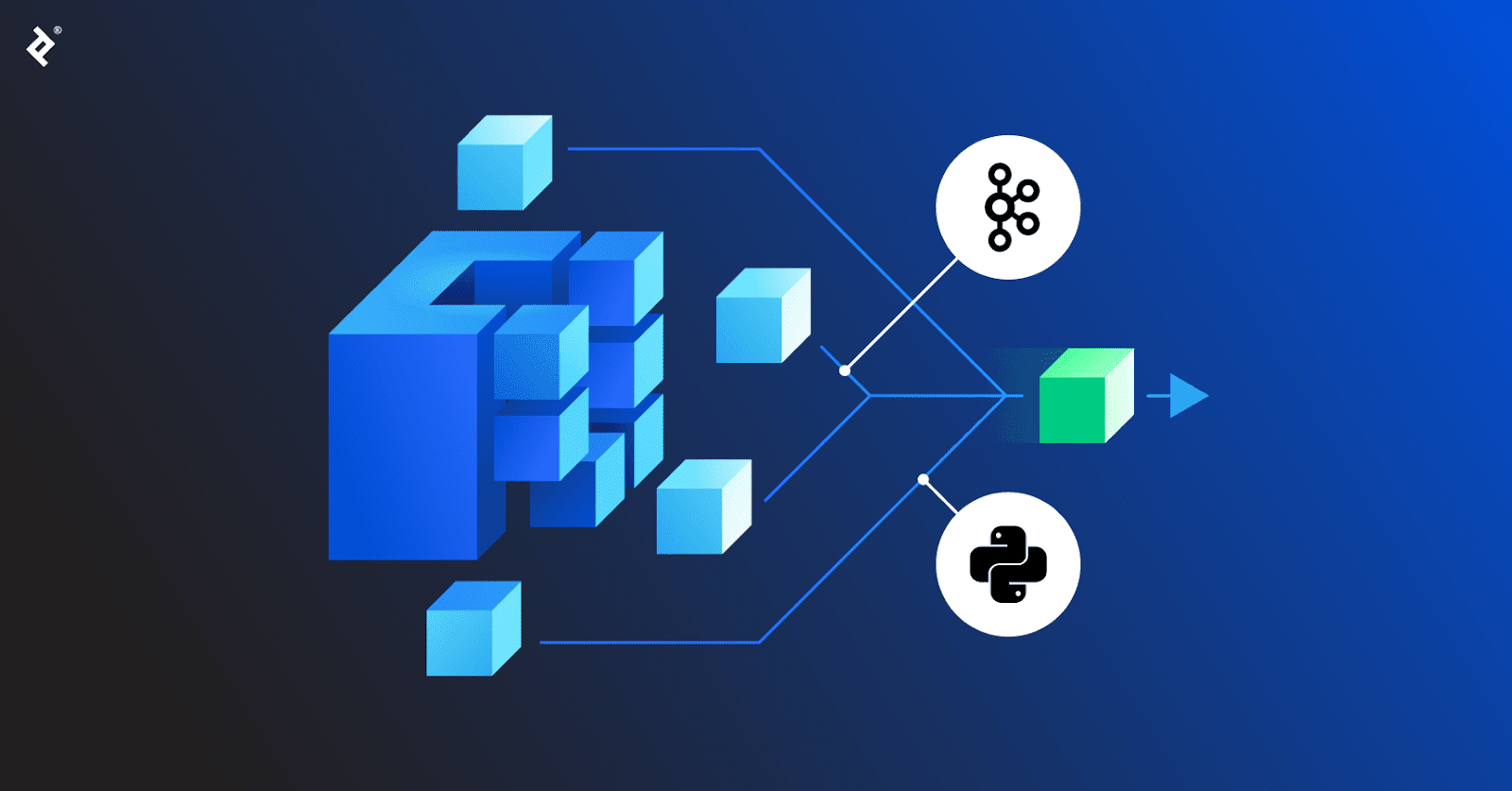
In the ever-evolving landscape of web development, efficiency and automation have become paramount. As businesses strive to enhance their online presence, the synergy between Python and DevOps has emerged as a game-changer. This powerful combination not only simplifies the complexities of website deployment but also revolutionizes the way websites are maintained, ensuring seamless user experiences and optimal performance.
1. Understanding Python in DevOps
Python, renowned for its simplicity and versatility, serves as the backbone of various DevOps processes. Its readability and extensive libraries make it an ideal choice for automation, scripting, and web development tasks within the DevOps realm.
2. Automating Deployment with Python
One of the key benefits of Python in DevOps is its ability to automate deployment pipelines. By writing custom scripts, developers can automate repetitive tasks, ensuring swift and error-free deployment processes. This automation significantly reduces the time required for deployment and minimizes the risk of human errors.
2.1 Continuous Integration and Continuous Deployment (CI/CD)
Python scripts facilitate CI/CD pipelines, enabling developers to automatically build, test, and deploy code changes. This continuous integration ensures that new features and bug fixes are seamlessly integrated into the existing codebase, enhancing collaboration and accelerating the development lifecycle.
3. Enhancing Scalability and Performance
Websites often face fluctuations in traffic, and handling these fluctuations efficiently is vital. Python, coupled with DevOps practices, enables developers to create scalable architectures. By optimizing server configurations and utilizing containerization technologies like Docker, websites can efficiently handle varying loads, ensuring optimal performance even during traffic spikes.
4. Monitoring and Logging with Python
Python’s capabilities extend to real-time monitoring and logging. Developers can create custom monitoring solutions using Python libraries, allowing them to track various metrics and diagnose issues promptly. Additionally, Python scripts facilitate centralized logging, enabling developers to analyze system and application logs efficiently.
4.1 Proactive Issue Resolution
Python-based monitoring tools empower DevOps teams to detect issues before they impact users. Through proactive monitoring, teams can identify performance bottlenecks, security vulnerabilities, and other issues, allowing for timely resolution and an enhanced user experience.
5. Collaboration and Communication
Effective collaboration between development and operations teams is essential for successful DevOps implementation. Python’s integration capabilities and APIs enable seamless communication between different tools and platforms. This integration fosters collaboration, allowing teams to work cohesively and ensuring that everyone is on the same page.
Conclusion
Python into DevOps practices has revolutionized website deployment and maintenance. This powerful combination ensures seamless integration, robust automation, and efficient monitoring. Python’s versatility allows for creating custom scripts and tools, optimizing workflows, and enhancing collaboration between development and operations teams. By harnessing Python’s capabilities, businesses can significantly reduce deployment time, enhance system reliability, and swiftly adapt to evolving market demands. Partnering with a specialized Python development company maximizes these benefits, ensuring a tailored approach that aligns perfectly with organizational objectives. Embracing this synergy between Python and DevOps not only streamlines processes but also fosters innovation, scalability, and overall business growth.
FAQs
1: Is Python the only programming language compatible with DevOps practices?
While Python is widely used due to its simplicity, other programming languages like Ruby and Shell scripting can also be employed in DevOps workflows.
2: How does Python enhance security in DevOps processes?
Python offers various security libraries and tools that can be integrated into DevOps pipelines, ensuring secure coding practices and vulnerability scanning.
3: Can Python be used for both frontend and backend development in web applications?
Yes, Python can be used for both frontend frameworks like Django and backend frameworks like Flask, making it a versatile choice for full-stack web development.
4: What are some popular DevOps tools that work well with Python?
Popular DevOps tools like Jenkins, Ansible, and Docker have extensive support for Python scripting, enabling seamless automation and integration.
5: How can businesses transition their existing websites to utilize Python and DevOps?
Businesses can hire experienced Python development companies specializing in DevOps to assess their current infrastructure, plan the transition, and implement best practices for efficient website deployment and maintenance.
